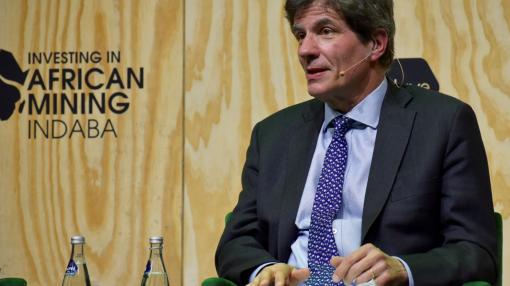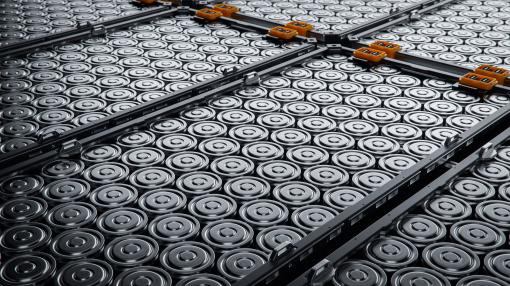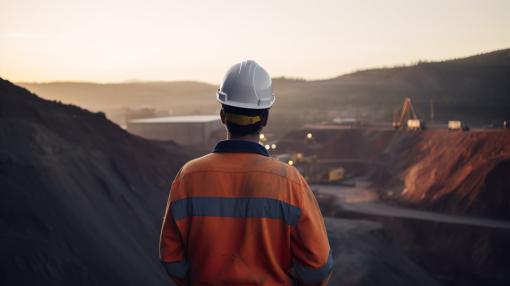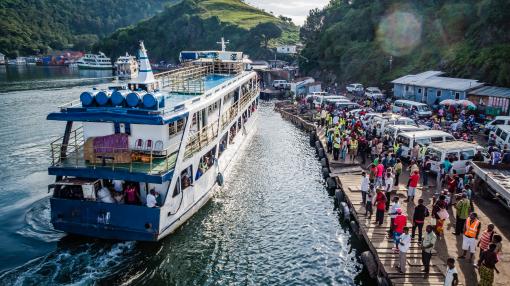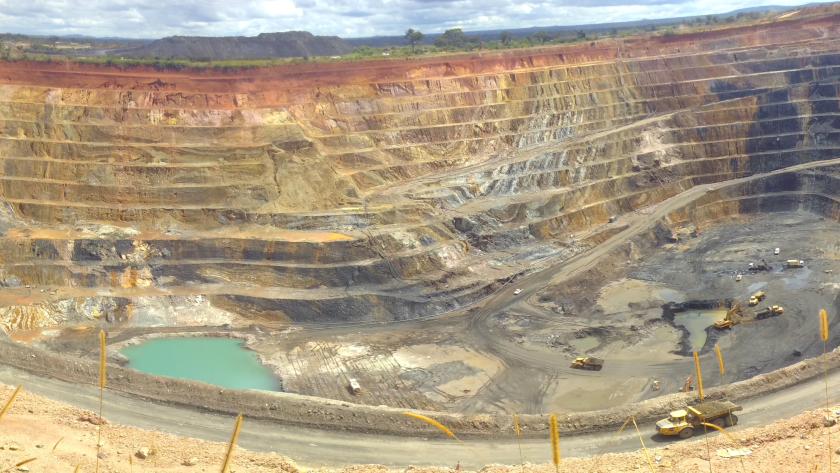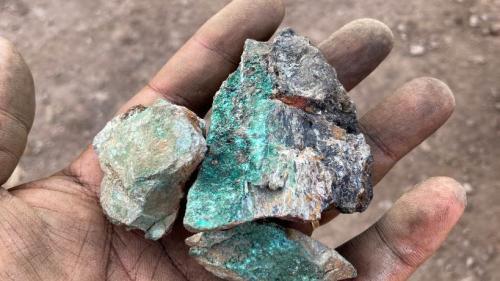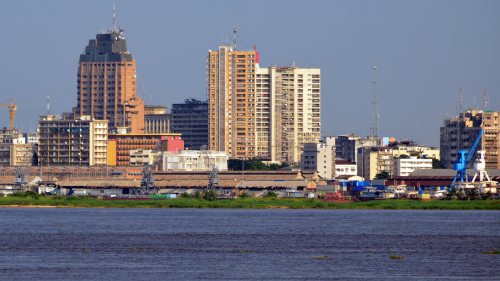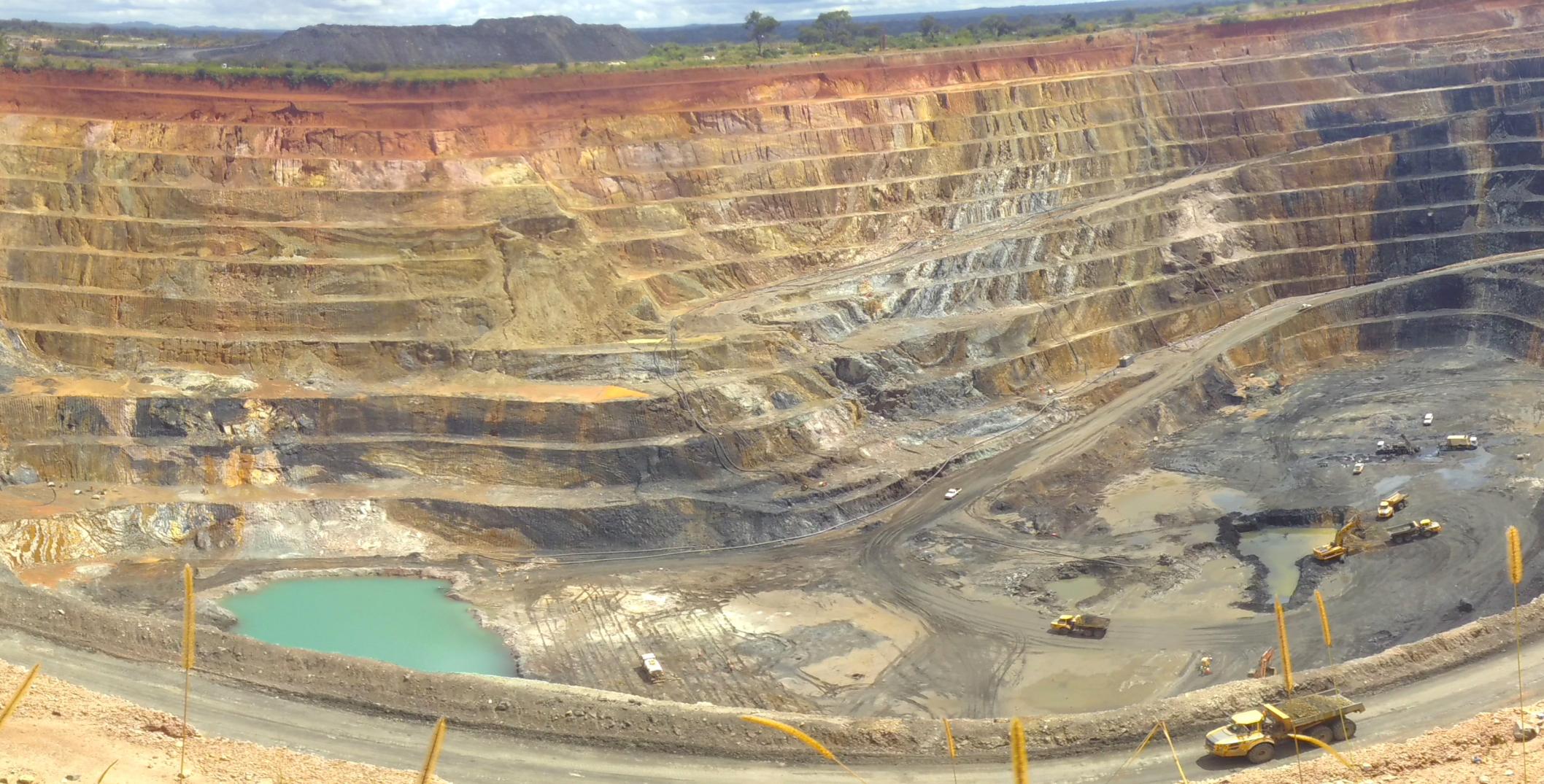
Democratic Republic of the Congo
The DRC has abundant natural resources—including copper, cobalt, lithium, oil and gold—with many of its minerals needed for the energy transition.
Despite the Democratic Republic of the Congo’s mineral wealth, the majority of its citizens live in poverty. Governance of its extractive sector is weak and characterized by opacity and corruption—from licensing and contract negotiations to trading and exports. NRGI works with Congolese oversight agencies and the Extractive Industries Transparency Initiative (EITI) in the DRC to strengthen their capacity to mitigate governance risks. NRGI also supports the government to implement its new, stronger anticorruption framework.
The quickening energy transition is a promising opportunity for the DRC, offering new means to fund economic and social development. To maximize the value of the Congo’s transition minerals, officials plan to produce batteries within the country, in cooperation with neighboring Zambia. But the time to maximize opportunities is limited, and the government and industry players must act quickly. Learning from the past, strengthening cross-ministerial cooperation, and addressing key transparency gaps in the extractive sector are crucial steps. NRGI works with authorities to achieve better coordination and dialogue between ministries, and to develop a clear and coherent national energy transition plan.
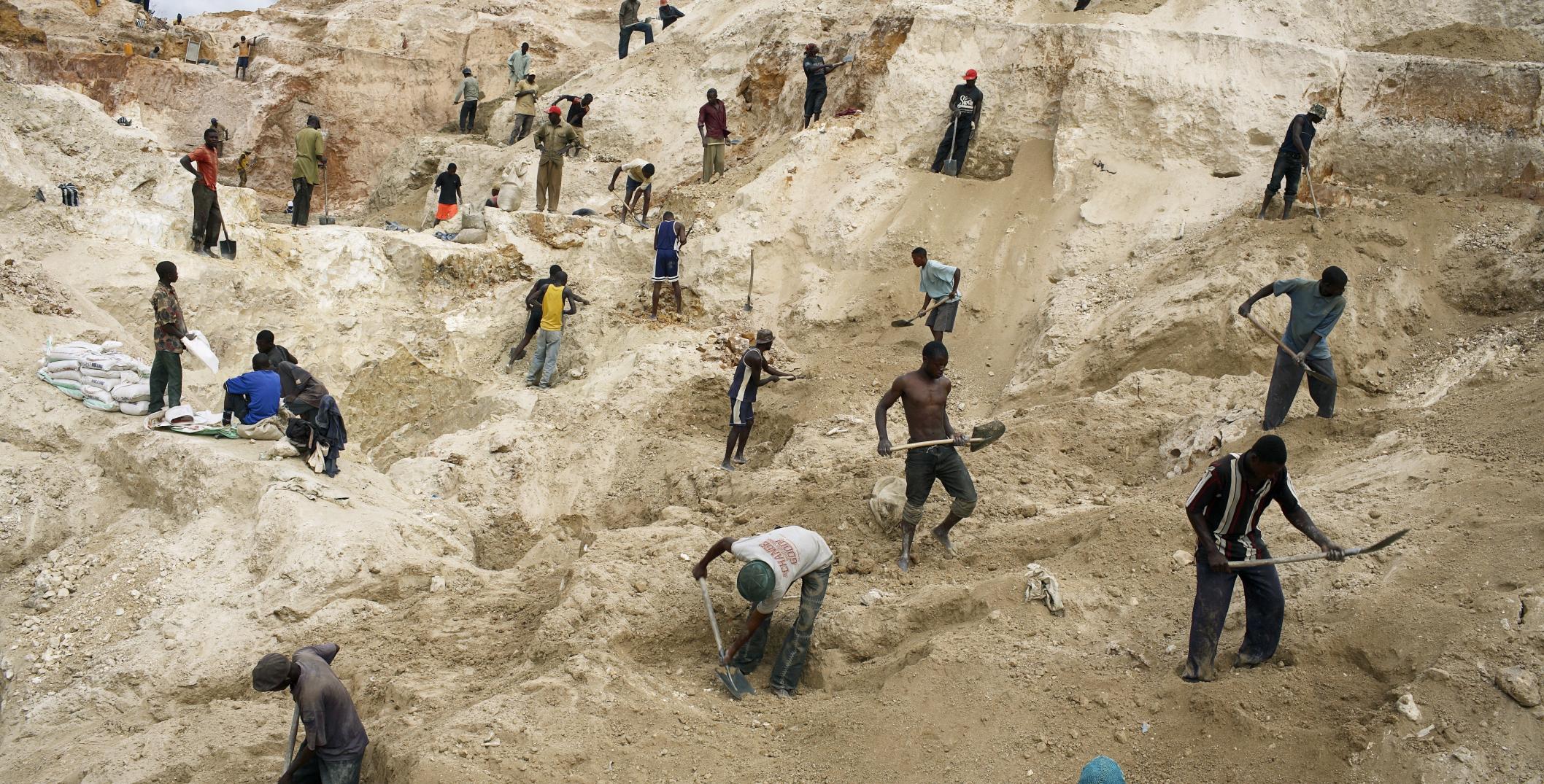
Resource Governance Index
The RGI assessed the governance of RDC's mining, and oil and gas sectors.
Related people

Christian Alubati
Mining Governance and Accountability Specialist
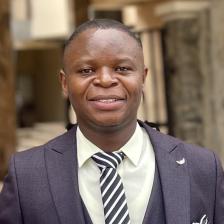
Georges Kasay
Mining Governance Specialist, DRC

Moise Liboto Makuta
Country Manager, DRC
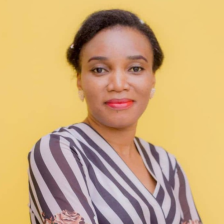
Marie Antoinette Mudibu
Program Officer, DRC

Matthieu Salomon
Lead, Anticorruption
Filter by
